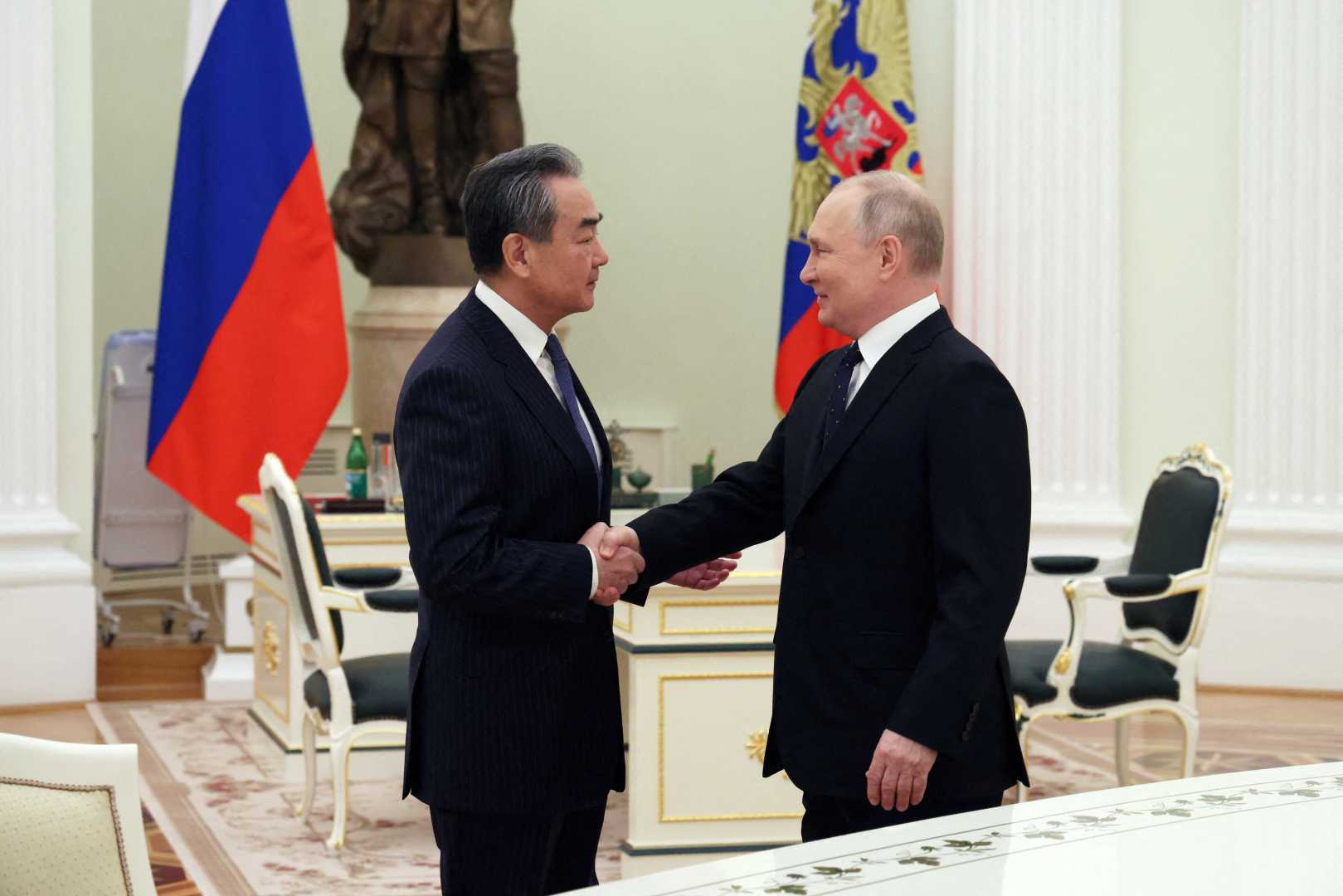World
China and Russia Call for Ceasefire Amid Growing Middle East Tensions

BEIJING, China — Chinese President Xi Jinping and Russian President Vladimir Putin are urging a ceasefire amid escalating conflicts in the Middle East, particularly reflecting on the strained relations between Iran and Israel. During a recent phone call, they emphasized the severe consequences if the conflict continues to intensify.
“If the Middle East is unstable, the world will not be at peace,” Xi stated on Thursday. He warned that regional instability could bring about significant suffering not only for the warring parties but also for neighboring countries.
The discussions between Xi and Putin come as the warfare has already resulted in hundreds of deaths in Iran and dozens in Israel. Putin expressed strong condemnation of Israel’s military operations, labeling them as violations of the U.N. Charter, while Xi supported Russia’s attempts to mediate the situation.
“The international community, especially influential major countries, should uphold a fair position and a responsible attitude to create the necessary conditions for promoting a ceasefire and returning to dialogue,” a Chinese state-media editorial asserted on Thursday.
Despite their calls for peace, experts caution that both countries are unlikely to provide military aid to Iran, citing China’s historical policy of non-interference in foreign conflicts. Chinese Foreign Minister Wang Yi has stressed the importance of diplomacy, stating, “We explicitly condemn Israel’s violation of Iran’s sovereignty, security, and territorial integrity.” Meanwhile, the U.S. has not observed indications of Chinese military support for Iran.
As China seeks to solidify its influence in the region, the stakes rise significantly. Analysts argue that failure to mediate the conflict might damage China’s reputation as a global peacebroker. Beijing‘s critical economic ties to Iran, including being Iran’s largest trading partner, complicate its diplomatic stance amid the ongoing hostilities.
With about 20% of the world’s oil trade passing through the strategically vital Strait of Hormuz, any further escalation risks significant disruption to global oil supplies. Energy security has become a major concern for China, as instability in the region directly impacts its crude oil imports.
As tensions escalate, the urgency for discussions and potential resolutions grows. However, the complexities of regional dynamics and China’s cautious diplomatic approach might hinder decisive actions in curbing hostilities. Observers will watch closely whether Xi and Putin’s calls for a ceasefire can transform into actionable steps towards lasting peace in the region.












